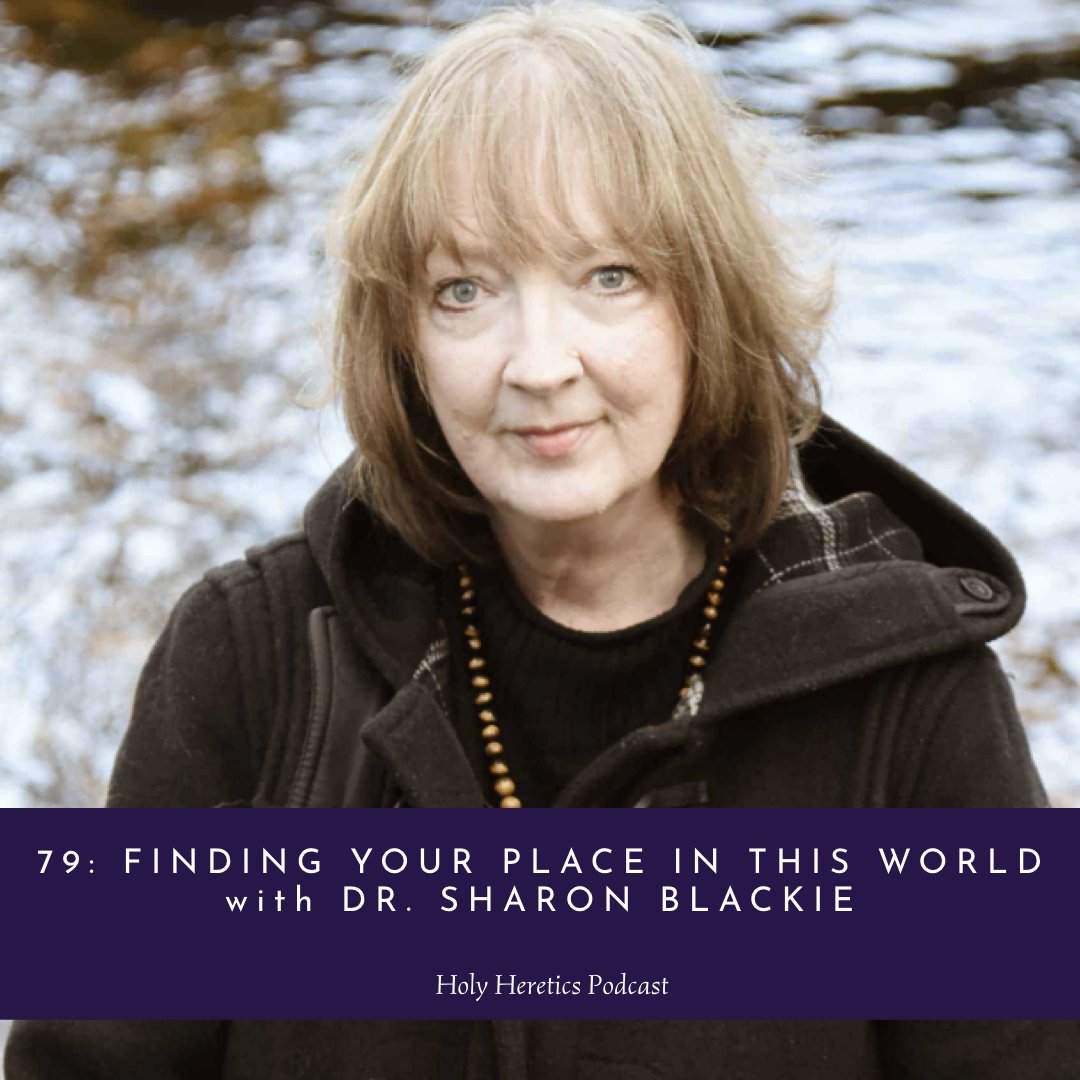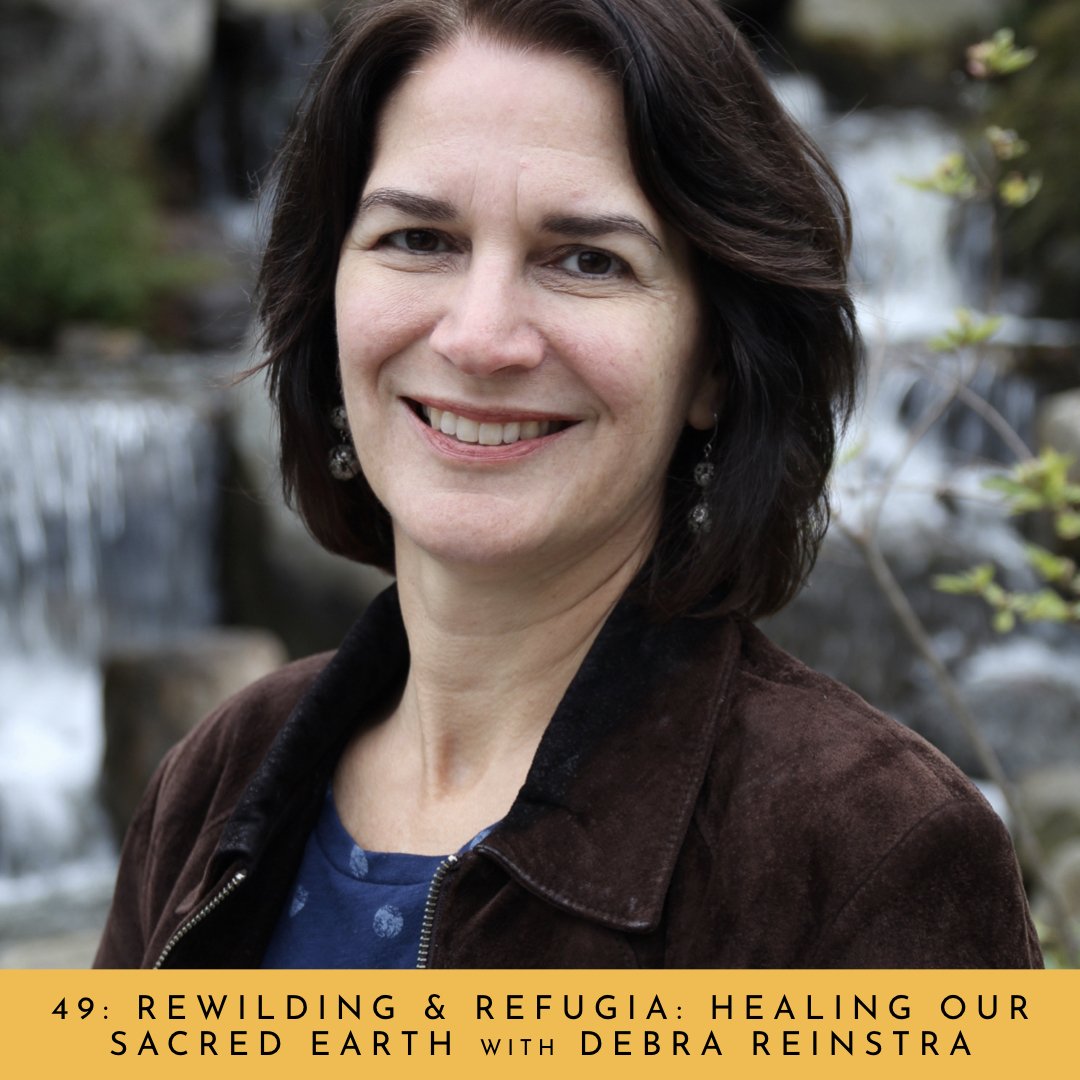Summer Day in the Suburbs
Whenever I am side-ways with the world, whenever melancholy sinks like June gloom on La Jolla’s shores, I read Mary Oliver. Maybe that’s why I’ve returned to her so often this spring. She knows what it’s like to be on the outside looking in, finding community not with the saints but with God’s creatures, great and small.
The Poet Laurette of the faith deconstruction community, Oliver is best known for her profound devotion for the natural world. If Thoreau “went into the woods to live deliberately—to suck out all the marrow of life,” Oliver went into the woods to embrace her lover, treading softly, and kneeling often at the sacrality of it all.
Born in a small town in Ohio, Oliver published her first book of poetry in 1963 and went on to win the Pulitzer Prize for Poetry in 1984. But her life was anything but easy. Pain often gives birth to beauty. Her father was abusive and her mother neglectful, so young Mary found safety and solace in nature. According to Ruth Franklin, “It was in childhood…that Oliver discovered both her belief in God and her skepticism about organized religion.” Nature became her cathedral, and it proved a wonderful substitute for institutional Christianity.
Oliver lived much of her adult life in Provincetown, Massachusetts, with her partner Molly Malone Cook, a photographer and literary agent. Her queerness and ecospirituality forced her to the fringes of faith. Yet her poems read like prayers, psalms David in his wildest dreams could never muster. Bursting with wonder and amazement for the God she found in the woods and wild places outside her home in New England. Her ability to experience the ineffable through the ordinary transformed her naturalistic poems into the transcendent.
To open a collection of Mary Oliver’s poetry is to accept an invitation into the otherworldly that lies just outside your doorstep. Every page is an encounter with the “more” that makes life on this planet worth living—more beauty, more amazement, more wonder, more awe, more presence, more humility, more of all these tiny little clumps of moments that make up a life.
In Oliver’s eyes, God is not “out there” somewhere apart from us. She is in all, through all, and with all things. That meadow isn’t merely a grassy field, it is the resting place of the divine.
Springtime in the Rockies is a formidable season, but the sun came out this morning. The Bora winds are ceasing, and warm weather is rising up to envelop the desert Southwest. After the long winter, my neighbors and I are poking our heads outside. We are getting out again in our first church, in the one sanctuary that still saves. In Oliver’s words, “When I am among the trees, especially the willows and the honey locust, equally the beech, the oaks and the pines, they give off such hints of gladness. I would almost say that they save me, and daily.”
I’m heading outside this morning to tend my sacred patch of suburban sprawl. The grass needs cutting, the weeds plucked, and the flowers planted. My cat is meditating in the morning light. This is holy ground, even here in my cookie cutter neighborhood.
What are you doing this summer? What places of natural wonder and worship are you exploring, even in your own backyard?
Let me leave you with one of my favorite poems by Oliver, Picking Blueberries, Austerlitz, New York, 1957. Read it over and again in worship.
Once, in summer, in the blueberries, I fell asleep,
and woke when a deer stumbled against me.
I guess she was so busy with her own happiness
she had grown careless and was just wandering along
listening to the wind as she leaned down to lip up the sweetness.
So, there we were with nothing between us but a few leaves,
and the wind’s glossy voice shouting instructions.
The deer backed away finally and flung up her white tail
and went floating off toward the trees—
but the moment before she did that was so wide and so deep
it has lasted to this day;
I have only to think of her—the flower of her amazement
and the stalled breath of her curiosity,
and even the damp touch of her solicitude before she took flight—
to be absent again from this world and alive, again, in another,
for thirty years sleepy and amazed,
rising out of the rough weeds, listening and looking.
Beautiful girl, where are you?
Gary Alan Taylor




This rising interest in ecospirituality reflects a growing recognition that environmental issues cannot be addressed solely through scientific or political means, but also require a profound shift in our worldview, values, and spirituality.